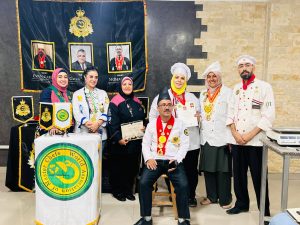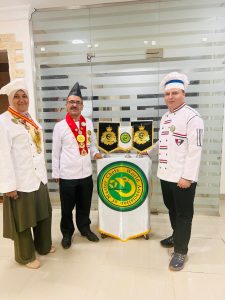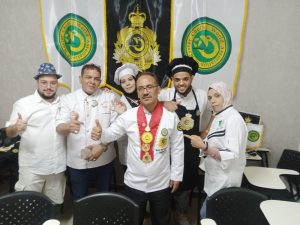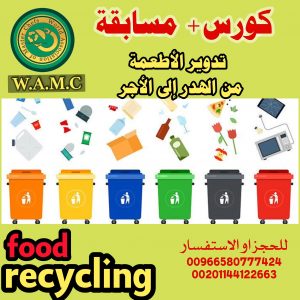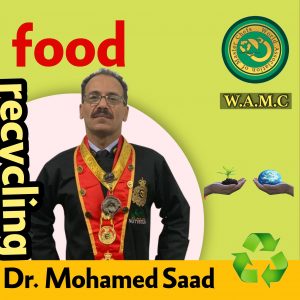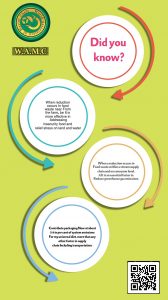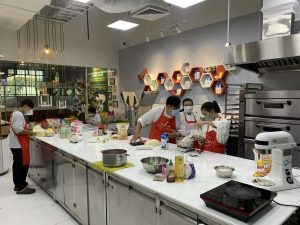Celebrating Excellence: Sami Ben Mohamed Zid Awarded Executive Diploma in Restaurant Management
The World Association of Master Chefs (WAMC), in collaboration with the Hospitality and Tourism Industry Accreditation Authority (HATIA), is proud to spotlight Sami Ben Mohamed Zid, a highly respected Food & Beverage professional from Tunisia, who has been awarded the Executive Diploma in Restaurant Management as part of the WAMC Global Classroom Initiative.
Sami is currently the Food & Beverage Manager at the prestigious Hôtel Méhari Hammamet Thalasso & Spa – Golden Yasmin, where he has dedicated 24 years of service, contributing to the excellence and elegance of one of Tunisia’s premier hospitality venues. With more than 28 years of experience in the restaurant industry, Sami represents the very best of commitment, leadership, and professional integrity in hospitality.
About HATIA
The Hospitality and Tourism Industry Accreditation Authority (HATIA) is a global accreditation body formed to recognise, validate, and enhance the skills and experience of professionals working in the hospitality and tourism sectors. Developed through an exclusive partnership with the World Association of Master Chefs, HATIA provides structured pathways for individuals to achieve formal qualifications based on their real-world experience, professional development, and contributions to the industry.
HATIA plays a key role in raising standards across the industry by offering:
-
Executive-level qualifications and diplomas based on evidence of competency.
-
A framework for skills development, training recognition, and career progression.
-
Access to professional benchmarking, ensuring global relevance and prestige.
-
Support for lifelong learners who have gained skills through hands-on experience rather than traditional academic routes.
Through initiatives like the Global Classroom, HATIA and WAMC together are transforming how professional excellence is recognised – providing experienced chefs, restaurateurs, and managers a formal pathway to be acknowledged for their invaluable contributions.
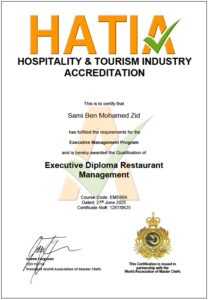 This new qualification program recognises the wealth of experience professionals like Sami bring to the industry. The Executive Diploma in Restaurant Management provides global recognition for seasoned individuals who have built their careers through years of hands-on leadership, dedication, and skill development.
This new qualification program recognises the wealth of experience professionals like Sami bring to the industry. The Executive Diploma in Restaurant Management provides global recognition for seasoned individuals who have built their careers through years of hands-on leadership, dedication, and skill development.
When asked about what drew him to a career in restaurant management, Sami said:
“I entered the restaurant industry in 1997 and have worked my way up from clerk to restaurant manager with a lot of love and commitment, both moral and physical. It’s a dynamic job, full of creativity and human connection. I’ve grown through learning from great chefs and restaurateurs. The elegance of representing the face of the establishment is something I carry with pride – always with a smile.”
On the value of education in hospitality, Sami added:
“This industry offers exceptional opportunities worldwide. But it’s important to stay up to date – hospitality in the 1960s is not what it is in 2025, especially with AI and new technologies. Education improves skills and allows professionals to meet modern customer and management expectations.”
To younger people entering the field, Sami offers wise and heartfelt advice:
“Love the profession. Have self-confidence. Be patient. Surround yourself with good mentors. Never stop learning. Spend time with the best, stay close to training, and always stay present and curious.”

Sami also acknowledged WAMC and its leadership, saying:
“I know WAMC through your Vice President Evan Carlo. He has a great reputation in the culinary field and works with the Ministry of Tourism. I had the pleasure of participating with him in a culinary demonstration – he is very professional. I am really proud to be among you. Thank you very much, Mr. President.”
We are honoured to have Sami as part of the WAMC community. His story exemplifies the purpose of the Global Classroom Initiative – to recognise and accredit excellence, experience, and lifelong dedication in hospitality and tourism. Congratulations, Sami, on this well-deserved recognition. Your journey is an inspiration to the next generation of leaders in our industry.
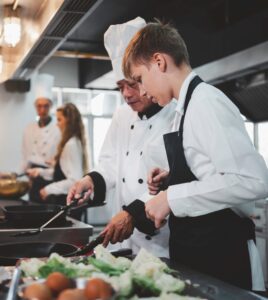
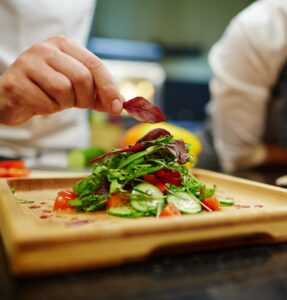






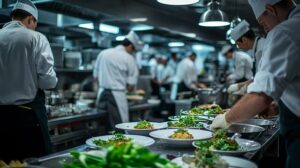
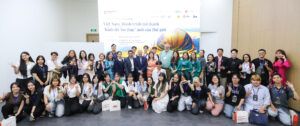
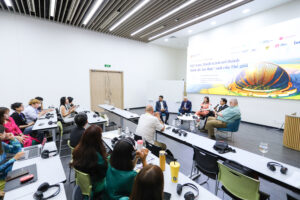
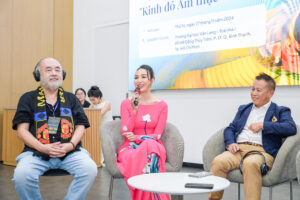
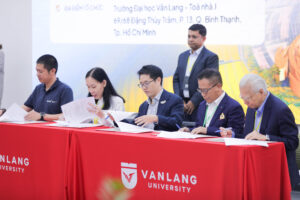
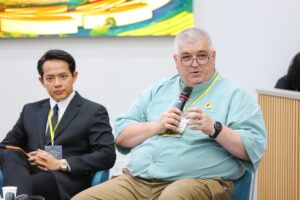
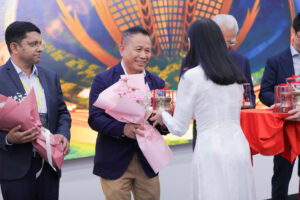
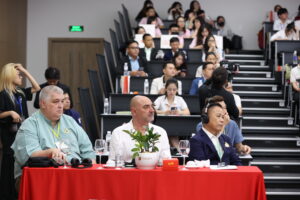
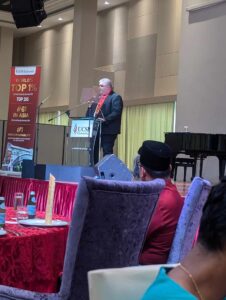 Prof. Ferguson spoke about the importance of global networking and building strong relationships across cultures. His inspiring speech gave light into how WAMC is able to ignite the opportunities of students to reach for the stars.
Prof. Ferguson spoke about the importance of global networking and building strong relationships across cultures. His inspiring speech gave light into how WAMC is able to ignite the opportunities of students to reach for the stars.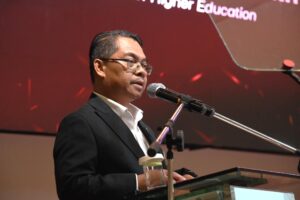
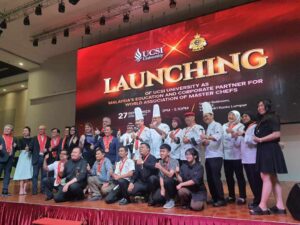
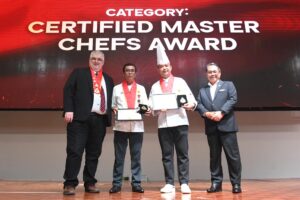
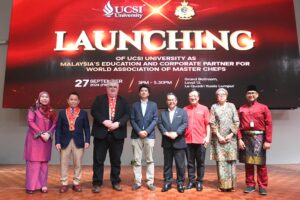
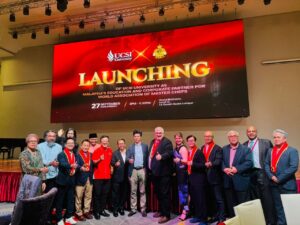
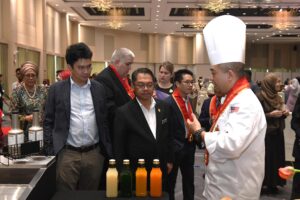
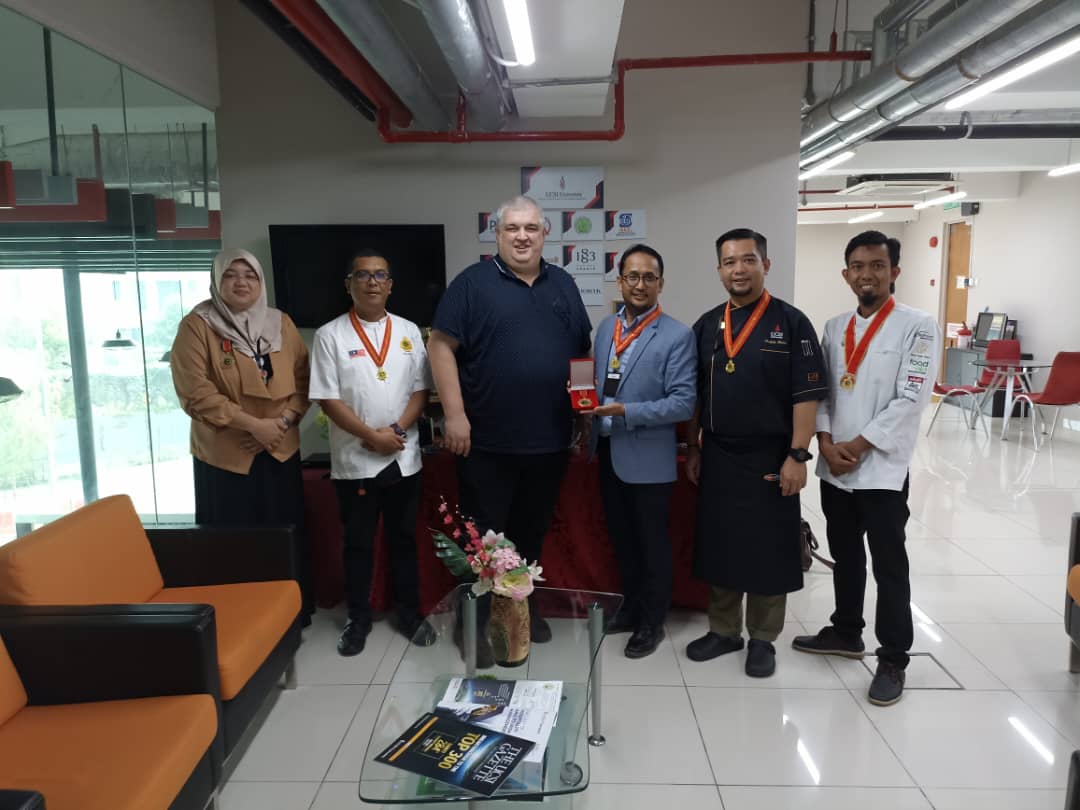
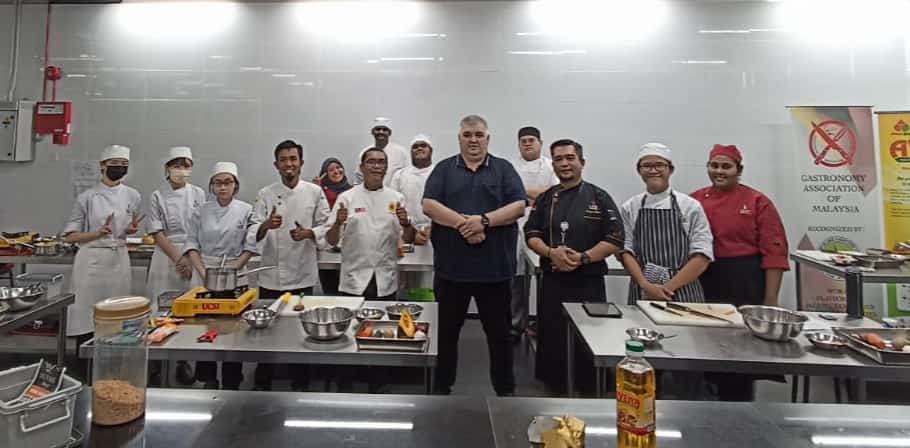
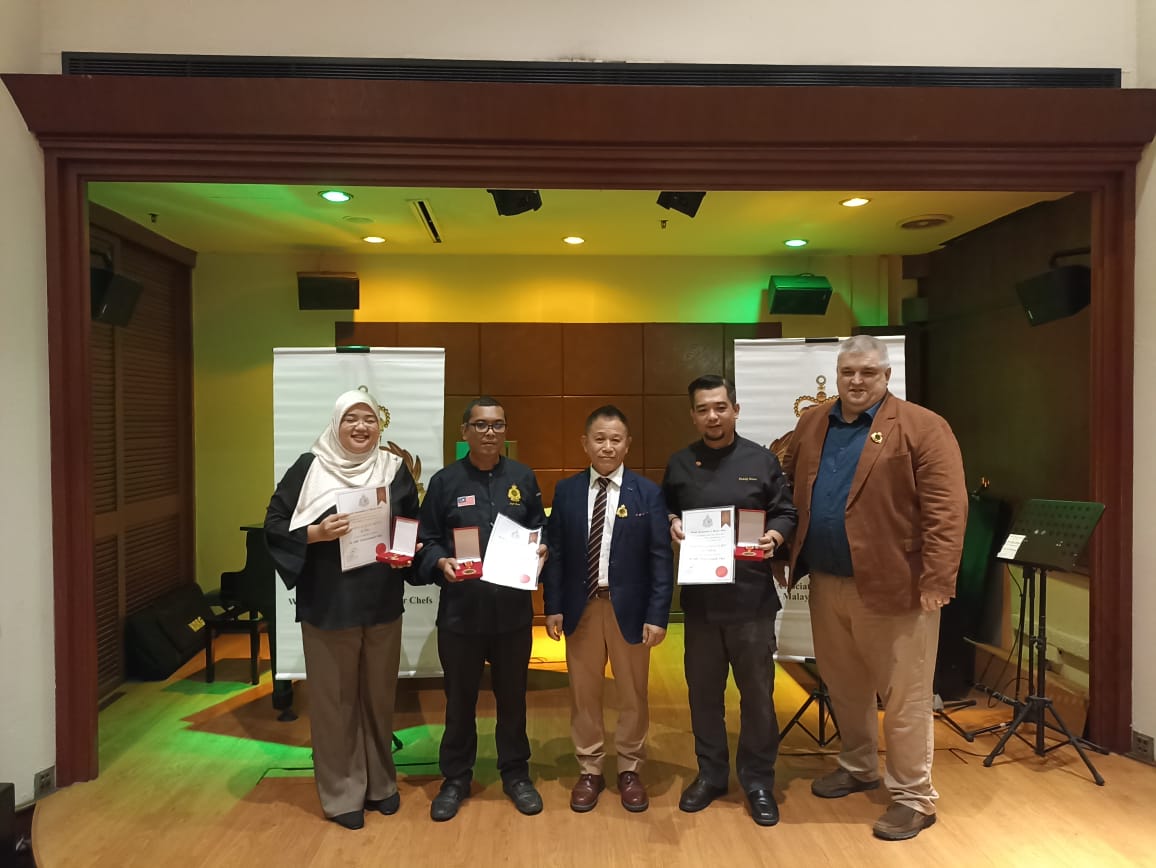
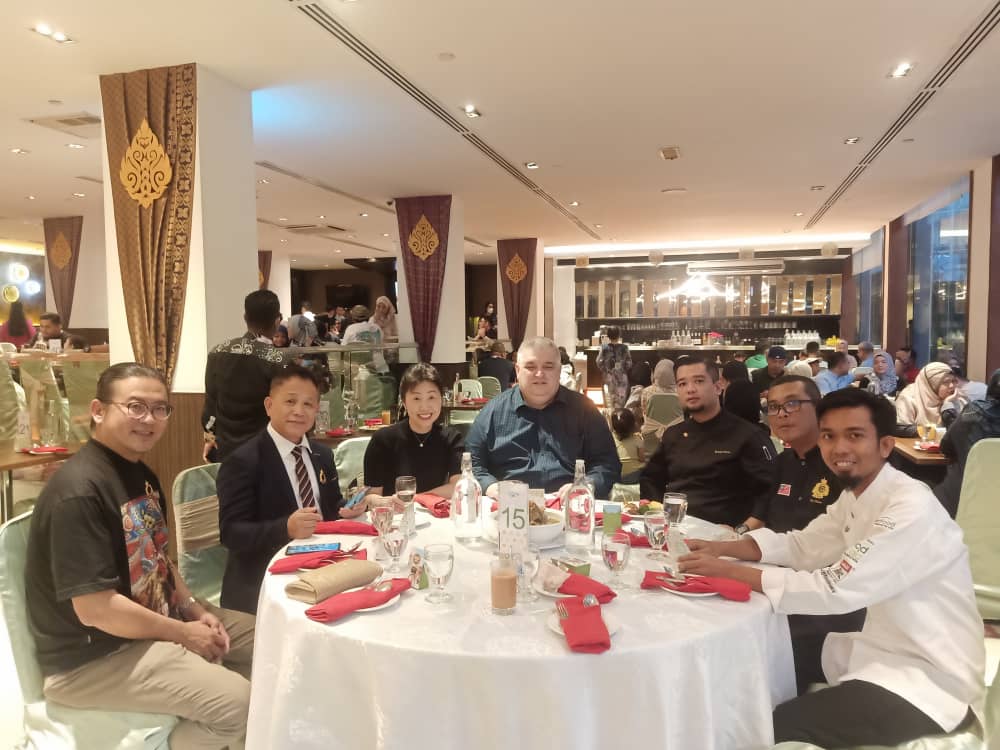
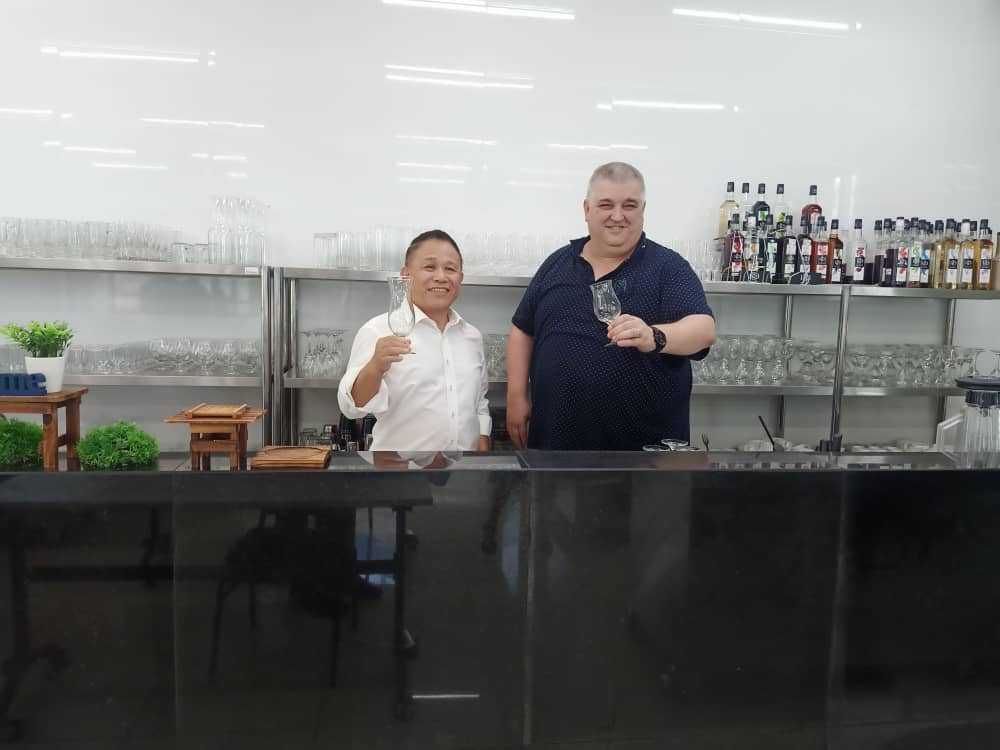
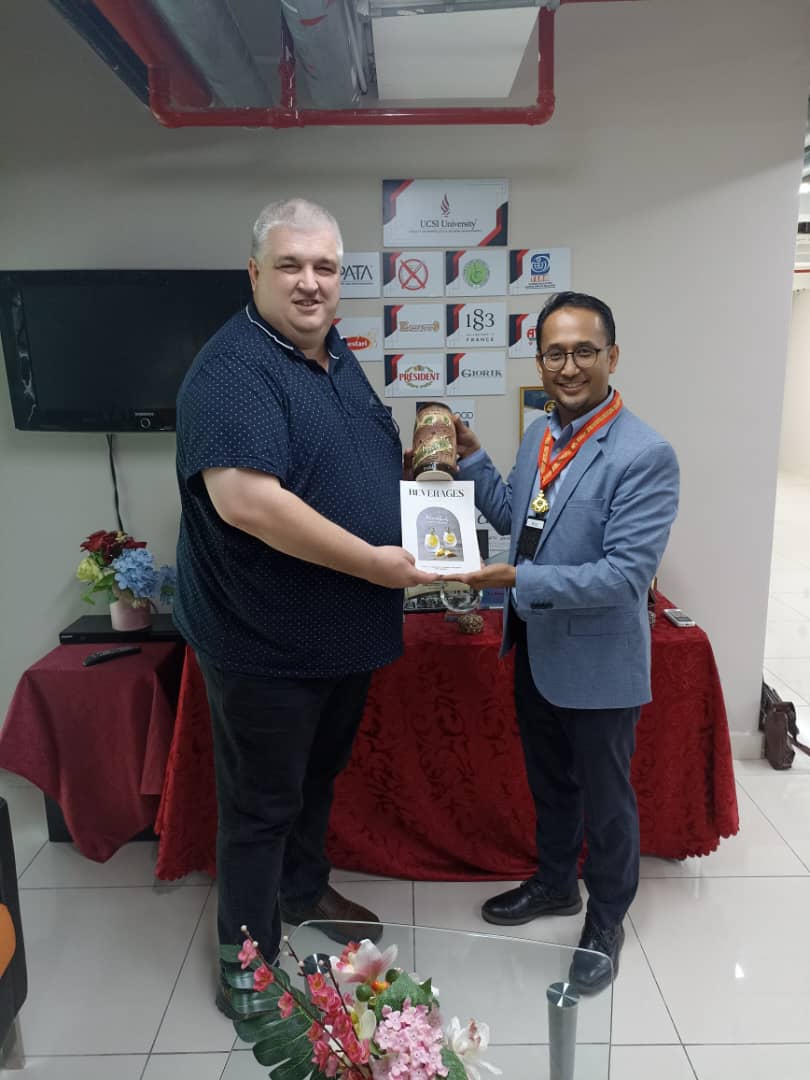
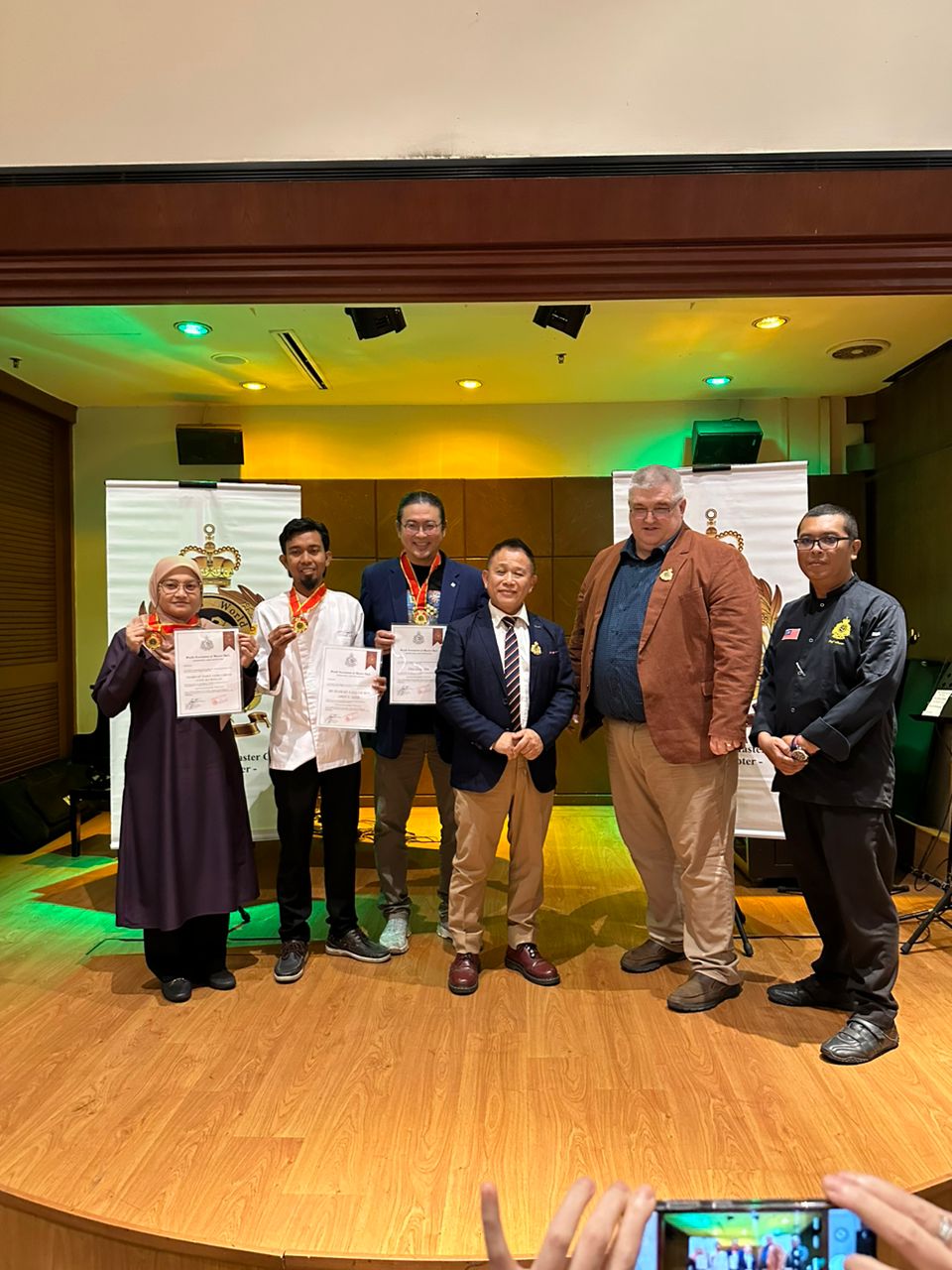
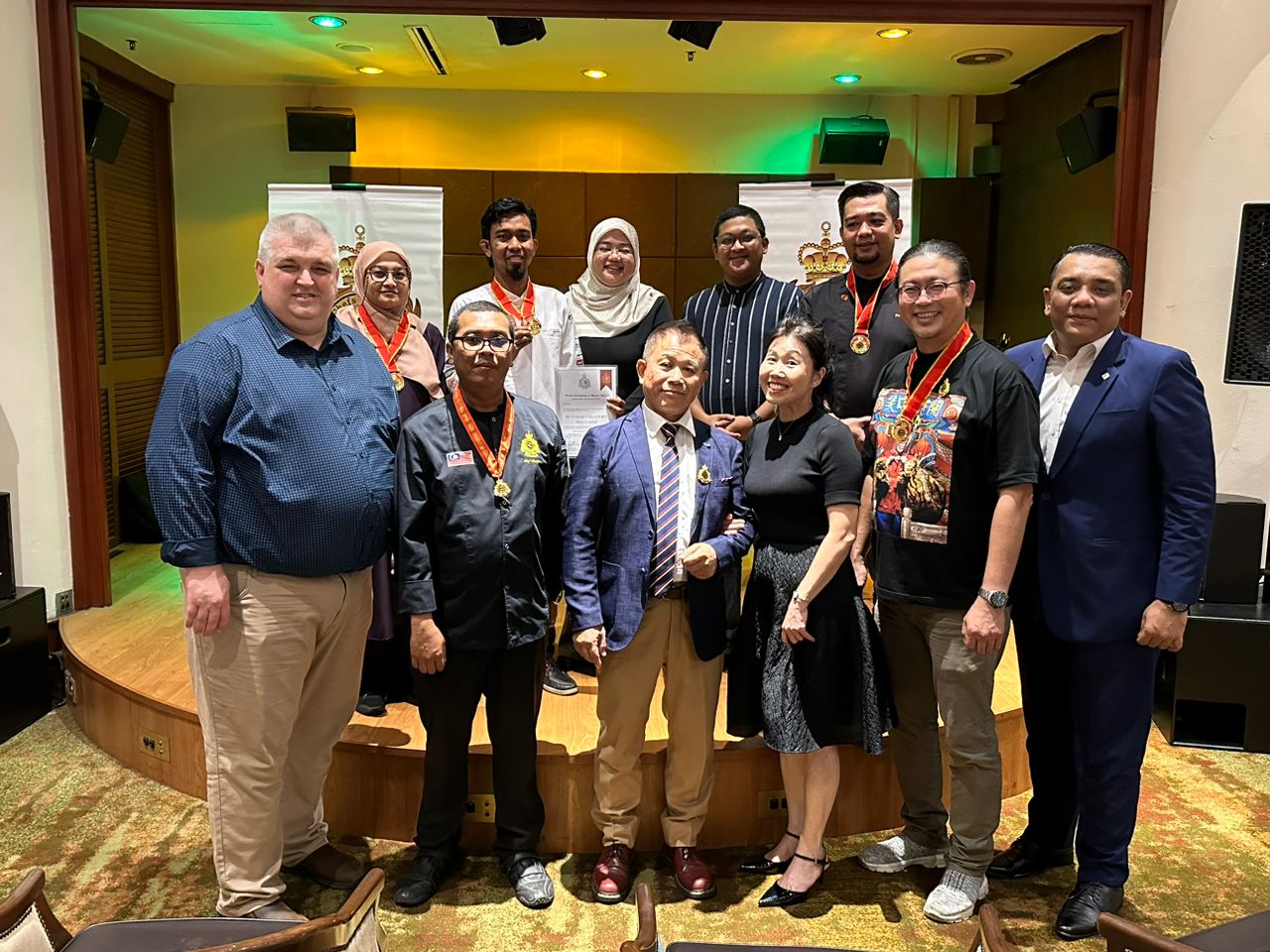
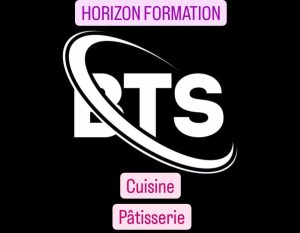 Horizon Formation College has engaged the services of one of the industry’s strongest chefs, Master Chef Mahjoub Aouidet (Evan Carlo).
Horizon Formation College has engaged the services of one of the industry’s strongest chefs, Master Chef Mahjoub Aouidet (Evan Carlo).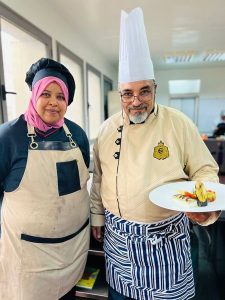
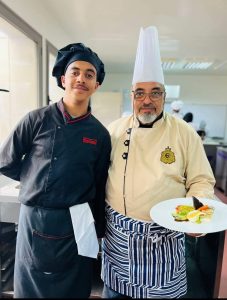
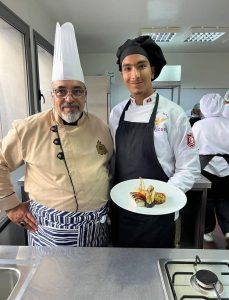
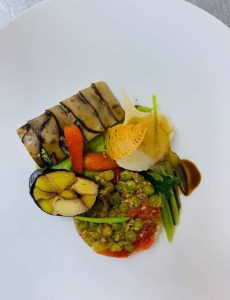
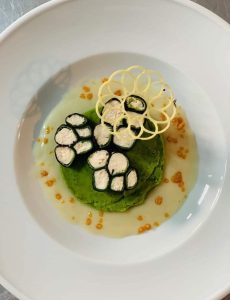
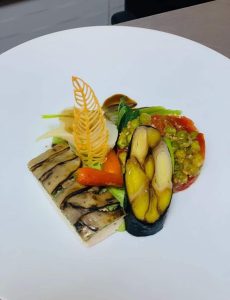
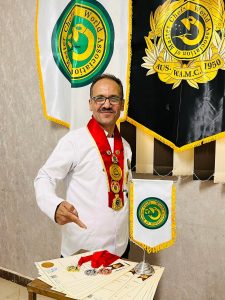
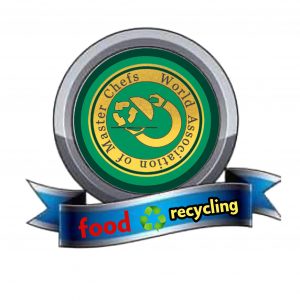 Dr Eddin worked with WAMC President Gaven Ferguson to design a logo that would work across all boarders but maintain a sustainable feel while still being recognized as part of the WAMC brand.
Dr Eddin worked with WAMC President Gaven Ferguson to design a logo that would work across all boarders but maintain a sustainable feel while still being recognized as part of the WAMC brand.